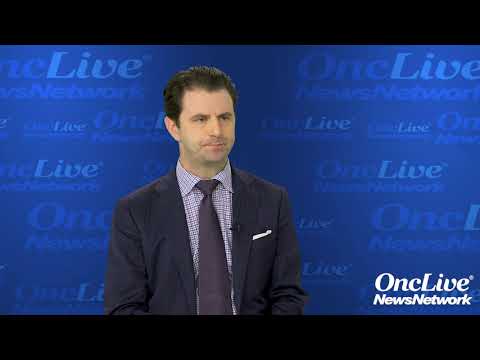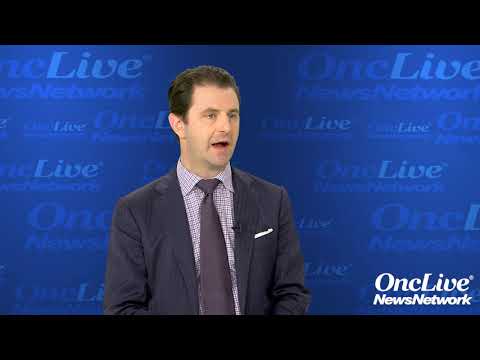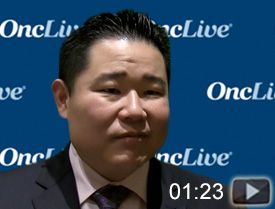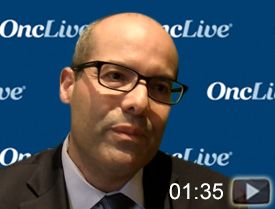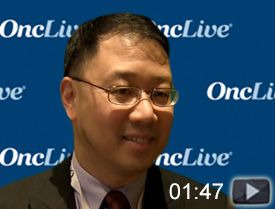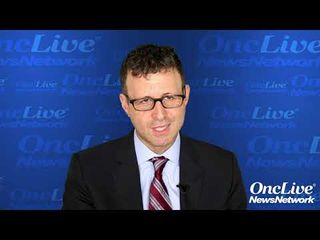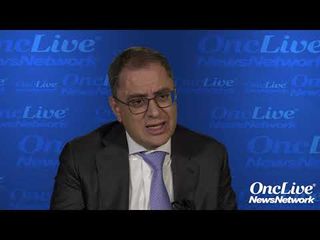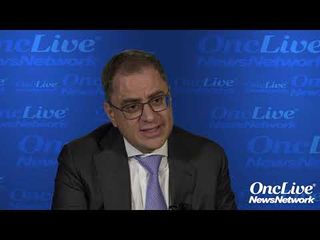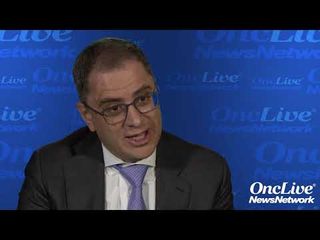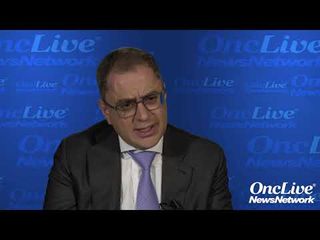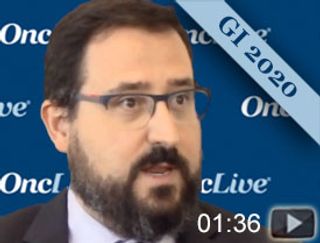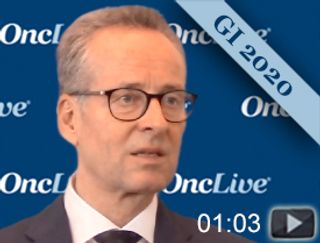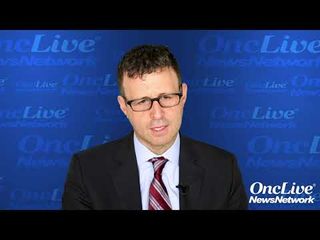
Gastrointestinal Cancer
Latest News
Latest Videos

CME Content
More News
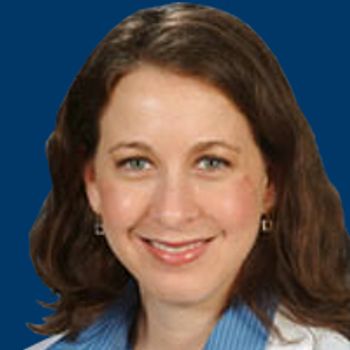
Allyson J. Ocean, MD, discusses the potential impact of SM-88 in the treatment of patients with advanced pancreatic cancer and highlights a platform that patients can use to stay updated on the latest research in the field.

Stephanie K. Dougan, PhD, discusses research aimed at assessing ways of augmenting T-cell immunity in pancreatic cancer.
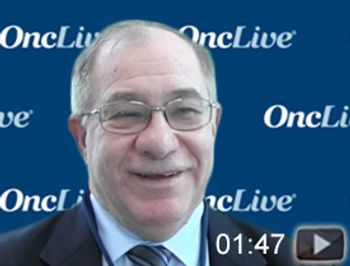
Vincent J. Picozzi, MD, director, Pancreatic Center of Excellence, Virginia Mason Medical Center, discusses the use of SM-88 in pancreatic cancer.
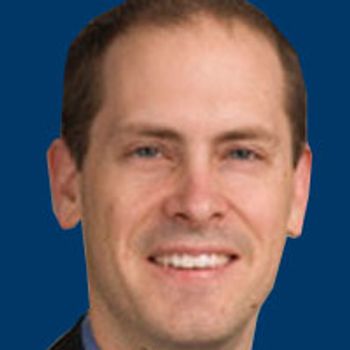
Michael J. Overman, MD, highlights new combination agents under investigation for the treatment of patients with GI cancers—specifically CRC—and challenges that still need to be addressed.

Amol K. Narang, MD, discusses recent advances made in the treatment of pancreatic cancer and explained how radiation oncology can be used to provide further clinical benefit to this patient population.
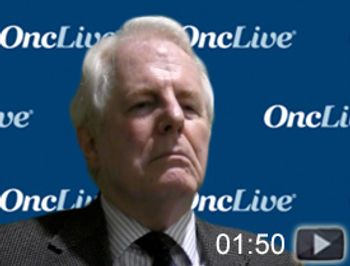
Anthony Shields, MD, PhD, oncologist, Department of Oncology, Molecular Imaging and Diagnostics Program, Karmanos Cancer Institute, discusses patient selection criteria for adjuvant therapy in colorectal cancer (CRC).
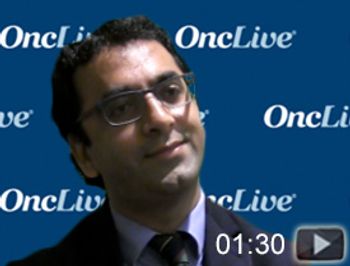
Pashtoon M. Kasi, MD, MBBS, MS, an assistant professor of Oncology and senior associate consultant in the Division of Hematology/Oncology, Mayo Clinic, discusses the rising incidence of colorectal cancer (CRC).

The FDA has cleared a direct-to-consumer genetic test for a risk report on MUTYH-associated polyposis, a hereditary colorectal cancer syndrome.
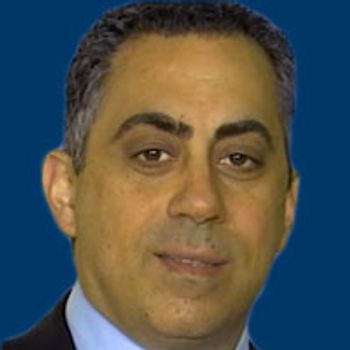
Tanios Bekaii-Saab, MD, discusses ways to further develop precision medicine within the treatment of patients with gastrointestinal cancers.

The frontline combination of ibrutinib (Imbruvica) and nab-paclitaxel (Abraxane)/gemcitabine did not show a statistically significant benefit in progression-free or overall survival versus placebo plus nab-paclitaxel/gemcitabine in patients with metastatic pancreatic cancer.
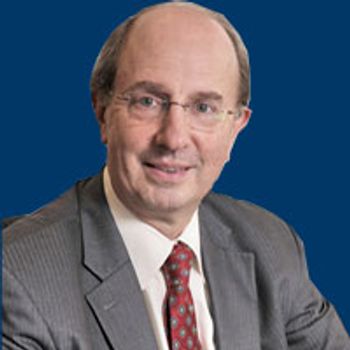
Michael A. Choti, MD, highlights ongoing developments in the field of pancreatic cancer.
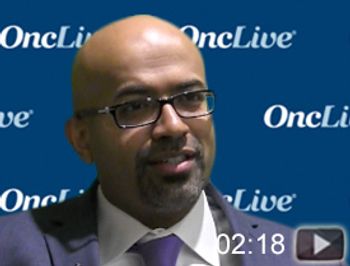
Ben George, MD, assistant professor, Medical College of Wisconsin, discusses the phase III TAGS trial in patients with gastric or gastroesophageal junction (GEJ) cancer.
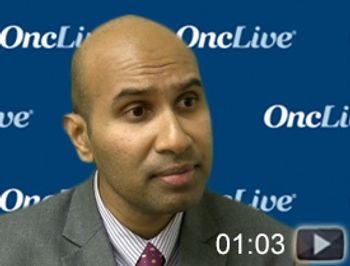
Diwakar Davar, MD, assistant professor of medicine, Department of Medicine, Hematology/Oncology, University of Pittsburgh, discusses the rationale for the combination of anti-TIM-3 and anti-PD-1 in multiple tumor types.

Patients with previously untreated hepatocellular carcinoma lived twice as long if they responded to TKI therapy as compared with patients who did not achieve an objective response.

The combination use of durvalumab and tremelimumab plus best supportive care prolonged median overall survival by 2.5 months compared with supportive care alone in patients with advanced refractory colorectal cancer.
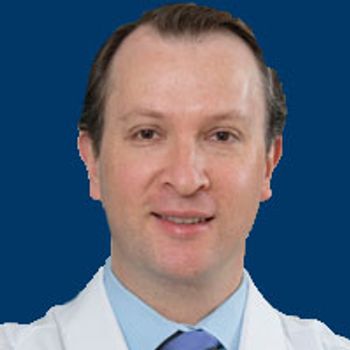
The PD-L1 inhibitor durvalumab achieved objective responses in about a fourth of patients with microsatellite instability-high advanced solid tumors, including colorectal cancer.
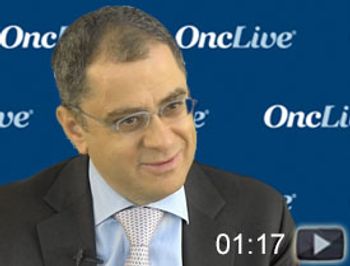
Ghassan K. Abou-Alfa, MD, medical oncologist, Memorial Sloan Kettering Cancer Center, discusses how the FDA approval of cabozantinib (Cabometyx) is likely to shake up the landscape and impact sequencing for patients with hepatocellular carcinoma (HCC).

The oral multi-kinase inhibitor regorafenib extended progression-free survival in patients with metastatic or unresectable biliary tract cancer who were previously treated with gemcitabine and a platinum-based chemotherapy.
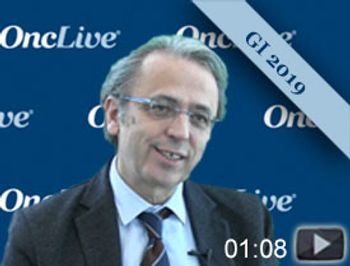
Josep M. Llovet, MD, PhD, discusses the results from the phase III REACH-2 study of ramucirumab as a second-line treatment of patients with advanced hepatocellular carcinoma.
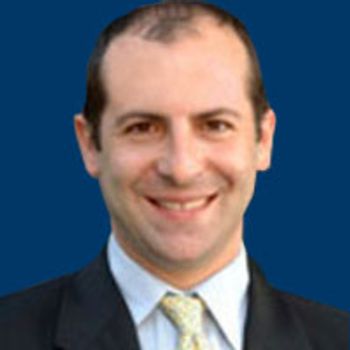
The combination of dabrafenib and trametinib induced responses in nearly half of patients with BRAF V600E–mutated biliary tract cancer who participated in a phase II basket trial that enrolled patients with BRAF V600E–mutated rare cancers.

The novel oral anticancer regimen known as SM-88, which consists of a tyrosine derivative, an mTOR inhibitor, a CYP3a4 inducer, and an oxidative stress catalyst, has promising efficacy with no meaningful toxicity in patients with metastatic pancreatic cancer who have progressed on at least 1 prior line of therapy.
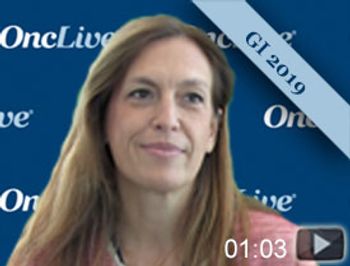
Daniela Molena, MD, discusses what she believes is the Achilles heel of endoscopic resection in patients with esophageal cancer.

Overall survival in metastatic gastric/gastroesophageal junction cancer improved significantly in patients who received the combination therapy TAS-102, irrespective of prior gastrectomy.
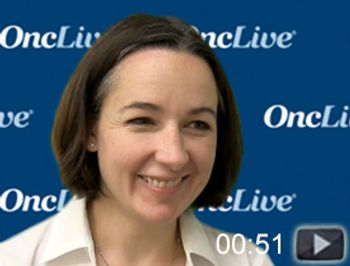
Stephanie K. Dougan, PhD, assistant professor, microbiology and immunobiology, Division of Immunology, Harvard Medical School, researcher, Dana-Farber Cancer Institute, discusses ways to extend the promise of immunotherapy to the field of pancreatic cancer.

Marcus Noel, MD, discusses the data of SM-88 and how it will impact the treatment of patients with metastatic pancreatic cancer.


